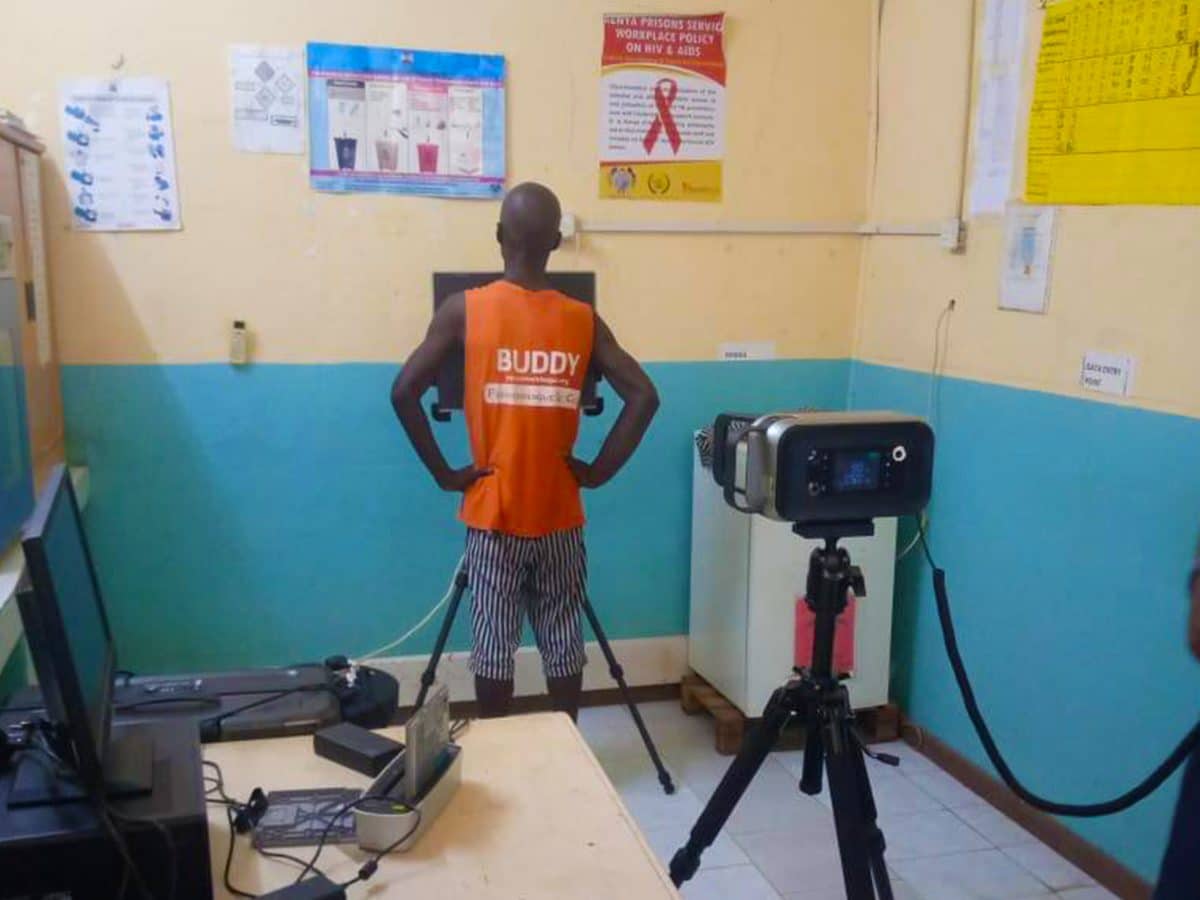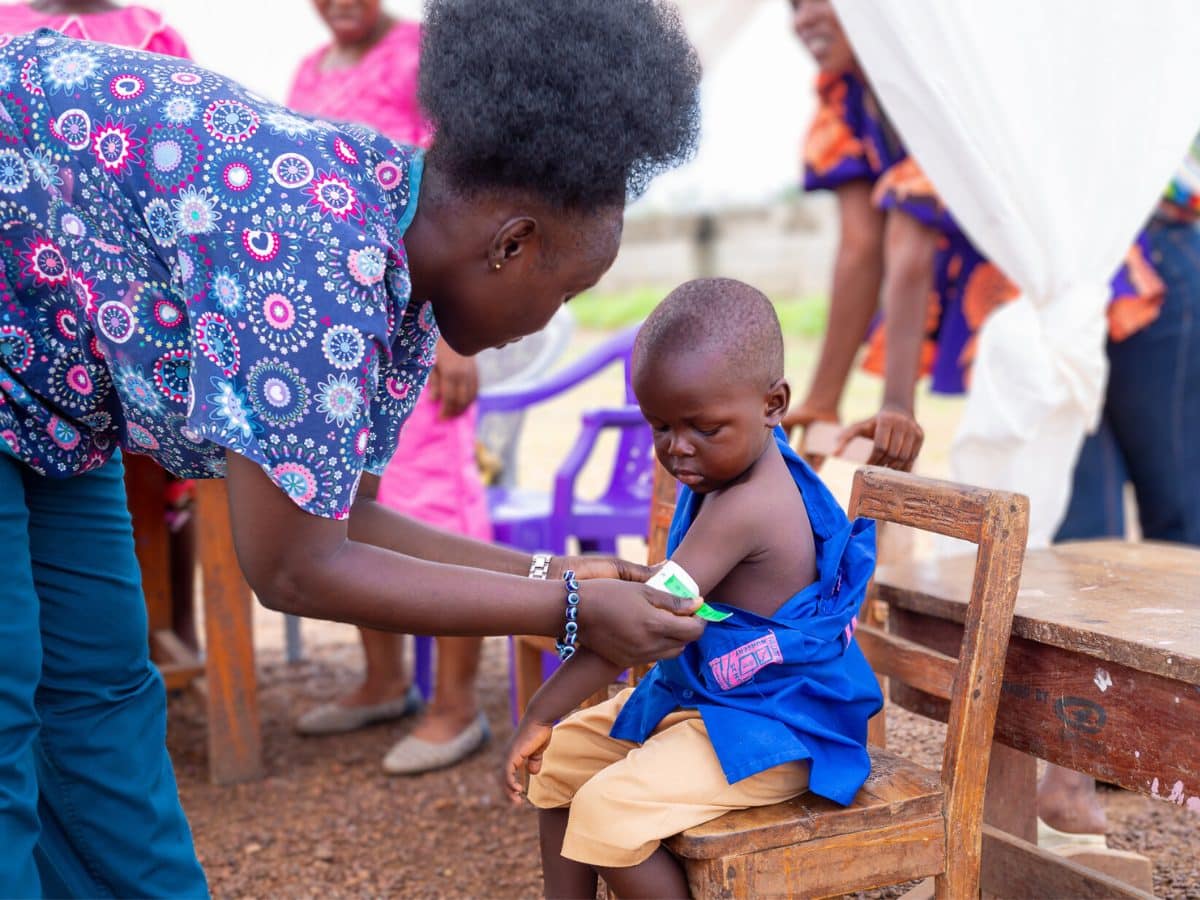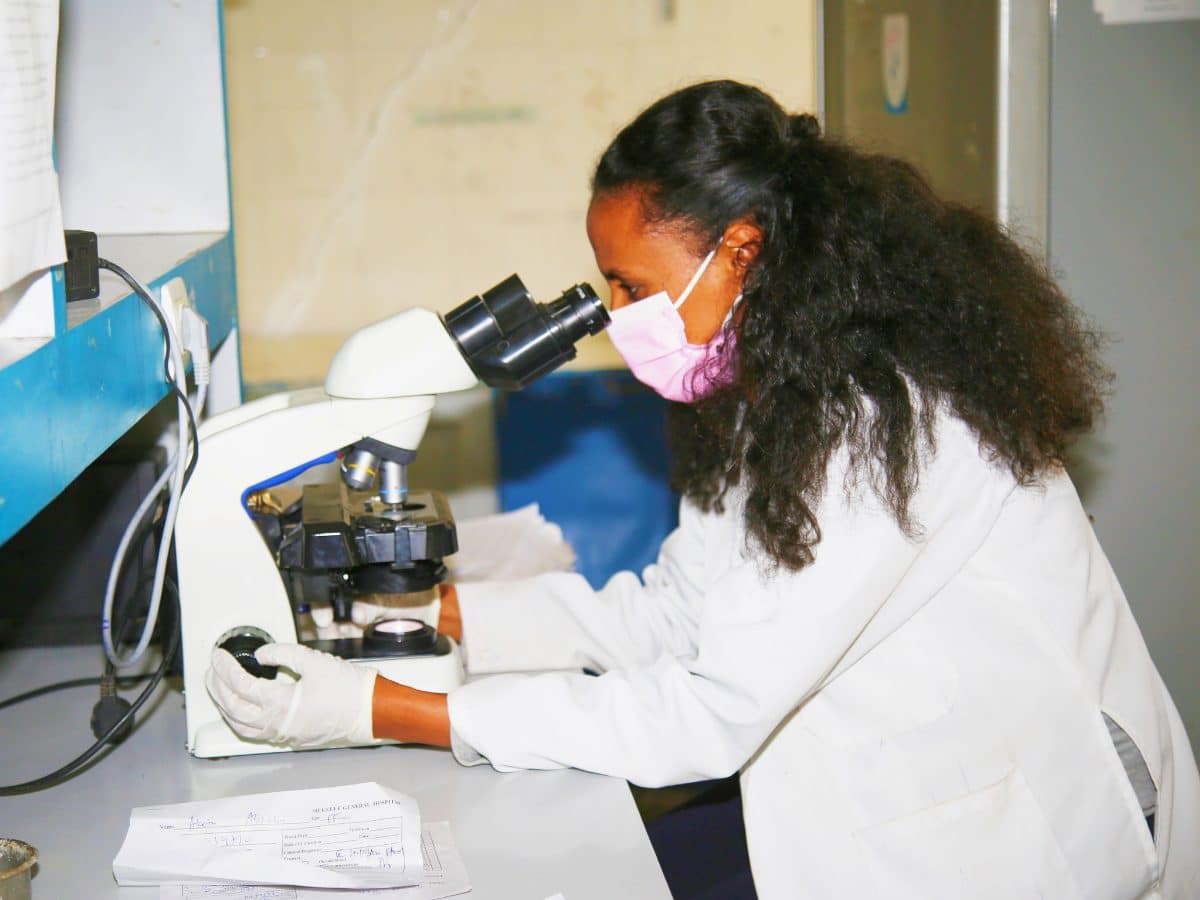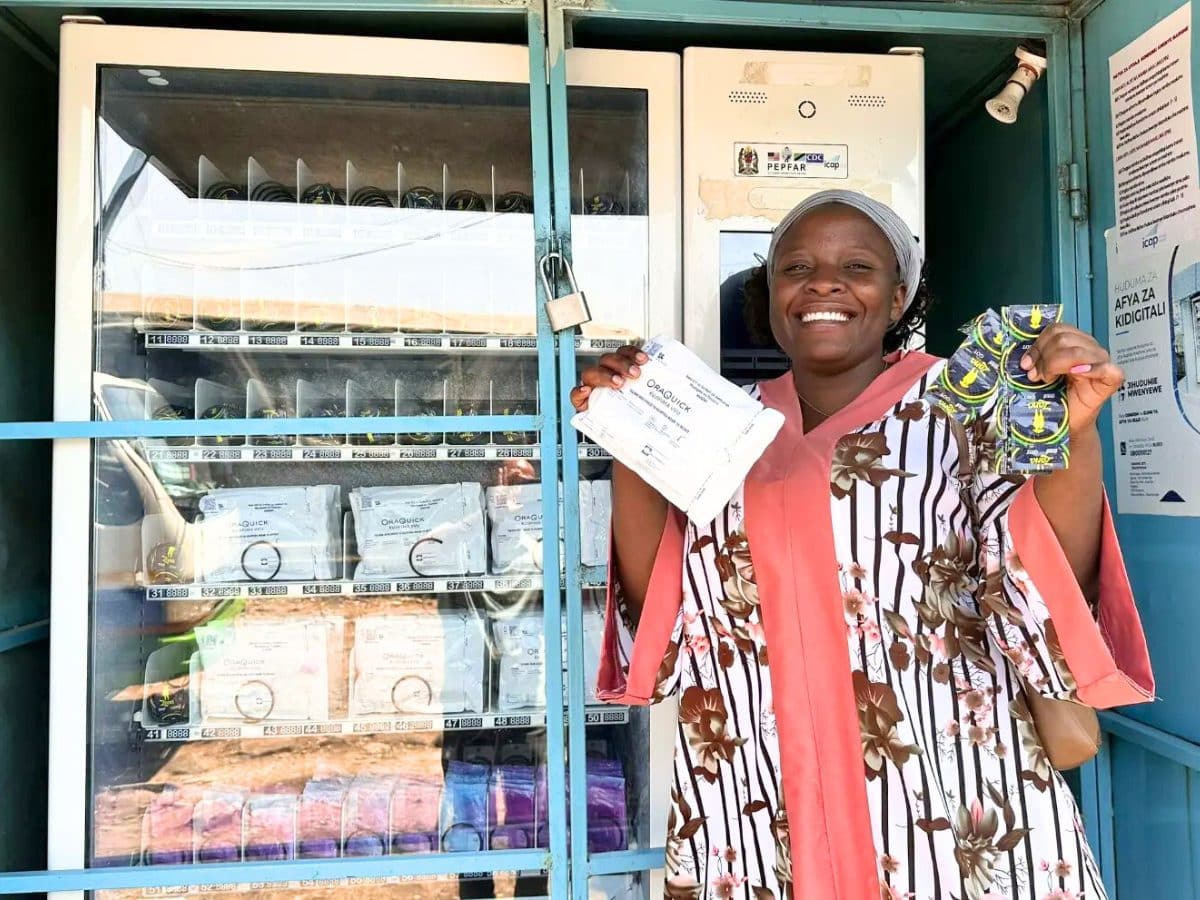Those who are imprisoned in correctional facilities are often forgotten when it comes to addressing the issue of HIV. According to the World Health Organization, imprisoned individuals may be at a higher risk for HIV acquisition and have limited access to HIV prevention resources. In addition, HIV prevalence in prisons often exceeds that of the general population and most correctional facilities are unable to offer the breadth of health services required for their inmates.
To respond to this need in Swaziland, the Matsapha Correctional Facility and ICAP, in partnership with Swaziland’s Ministry of Health, are supporting a pilot program that offers critical HIV-related services in Matsapha’s facility, which houses 500 inmates. ICAP and the Matsapha Correctional Facility aim to expand this initiative to all 12 prisons throughout the country, extending services to incarcerated women and juveniles as well.
Before the pilot program, inmates who needed HIV services had to seek assistance from health service providers outside of the prison. The program in Matsapha now brings care and treatment inside the prison, enabling HIV testing for the incarcerated, engagement in HIV prevention and care, and access to treatment for those found to be HIV infected. The program also includes counseling and psychosocial support and adherence.
Pinkett White, a nurse advisor for ICAP, leads mentoring and training support to the HIV clinic that has been set up at the facility. According to White, the services are being well received by the inmates and the staff.
By the end of May 2011, 283 inmates were tested for HIV, 63 were initiated on antiretroviral treatment (ART), and 100 were enrolled into care. The program continues to expand today. ICAP has also supported the training of 15 inmates as “expert clients” who provide assistance at the clinic, including weighing of clients, adherence counseling, and administrative duties. These expert clients have disclosed their HIV-positive status and use their experience to support others at the same facility.
ICAP is also supporting the process of developing standard operating procedures to guide HIV testing and counseling, TB screening, ART refills, patient monitoring and follow-up, as well as transition into care after discharge from the prison. Additionally, ICAP has helped revive the Prison HIV Committee in Swaziland, and has assisted in transforming it into a multi-disciplinary team to discuss policy issues and chart the way forward. Linking HIV-infected prisoners to ministry of health facilities upon release is an important priority to ensure that they continue to receive care without interruption.
ICAP is supporting similar initiatives in the prison systems in Rwanda and Côte d’Ivoire. In Côte d’Ivoire, ICAP has supported six prisons. Of the four that reported data, 1,624 prisoners have received HIV services since October 2010. ICAP is also supporting two prisons in Rwanda, which in 2010 enabled 3,676 inmates to access HIV services.








